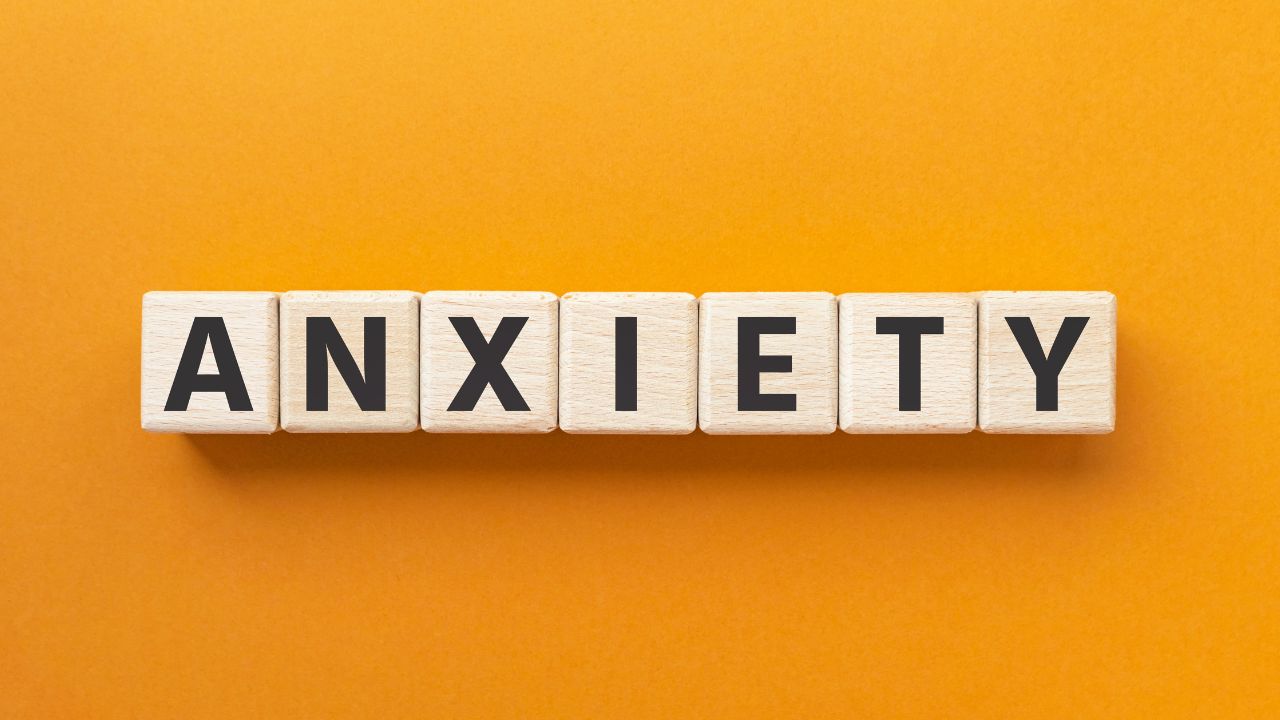Sovetplus.com – Stress Symptoms, Signs, and Causes are integral to understanding how stress impacts your overall well-being. Stress is an unavoidable part of life, but when left unchecked, it can wreak havoc on your mental and physical health. This article dives deep into the different types of stress, their causes, symptoms, and long-term effects, while offering practical strategies for effective stress management and treatment. By recognizing the signs early and adopting healthy coping mechanisms, you can regain control over your life and enhance your quality of living.
What is Stress?
Stress is the body’s natural response to challenging situations, both positive and negative. It involves a cascade of physiological and psychological reactions designed to help you cope with demands or threats. While short-term stress can enhance focus and performance, chronic stress can have detrimental effects on your health.
Types of Stress
Understanding the different types of stress can help you identify its root causes and develop targeted coping strategies.
1. Acute Stress
This is the most common form of stress and occurs in response to immediate challenges. Examples include preparing for a presentation, getting stuck in traffic, or narrowly avoiding an accident.
- Symptoms: Increased heart rate, shortness of breath, muscle tension.
- Impact: Temporary, usually subsides once the situation is resolved.
2. Chronic Stress
Chronic stress arises when stressful situations persist over a long period. This type of stress is often linked to long-term challenges, such as financial troubles, a toxic workplace, or ongoing health issues.
- Symptoms: Fatigue, irritability, insomnia, weakened immune function.
- Impact: Can lead to severe mental and physical health issues like anxiety disorders, heart disease, and depression.
3. Episodic Acute Stress
This type of stress occurs when acute stress becomes frequent. People who often take on too many responsibilities or have a naturally pessimistic outlook may experience episodic acute stress.
- Symptoms: Tension headaches, irritability, hypertension.
- Impact: Increased risk of burnout and chronic illnesses.
4. Eustress
Not all stress is bad. Eustress refers to positive stress that motivates you to perform better. Examples include preparing for a job interview or planning a wedding.
- Symptoms: Boosted energy, heightened focus.
- Impact: Short-lived and generally beneficial.
Causes of Stress
Stress can stem from a variety of sources, both internal and external. Below are some of the most common causes:
External Causes
- Work-related Stress: High workloads, tight deadlines, and conflicts with colleagues or supervisors.
- Life Events: Divorce, moving to a new city, or the death of a loved one.
- Financial Pressure: Debt, unemployment, or insufficient income to cover expenses.
- Social Relationships: Arguments, loneliness, or pressure to meet expectations in personal relationships.
Internal Causes
- Negative Self-talk: A habit of focusing on failures and fears.
- Unrealistic Expectations: Setting unattainable goals can lead to constant feelings of inadequacy.
- Health Issues: Chronic illnesses or the fear of developing health problems.
- Personality Traits: Perfectionism, Type A behavior, or excessive competitiveness.
Stress Symptoms
Stress manifests in various ways, affecting your body, mind, emotions, and behavior. Below are the key symptoms to watch for:
Physical Symptoms
- Fatigue or low energy.
- Frequent headaches.
- Muscle pain or tension, particularly in the neck and shoulders.
- Upset stomach, nausea, or digestive issues.
- Rapid heartbeat or chest pain.
Emotional Symptoms
- Increased irritability or mood swings.
- Feelings of overwhelm, sadness, or anxiety.
- Difficulty relaxing or quieting your mind.
Cognitive Symptoms
- Difficulty concentrating or making decisions.
- Memory problems.
- Negative thinking patterns or catastrophizing.
Behavioral Symptoms
- Avoidance of responsibilities or procrastination.
- Increased use of alcohol, tobacco, or drugs.
- Changes in appetite—eating too much or too little.
Effects of Stress
Prolonged stress can impact your health in the following ways:
Physical Effects
- Cardiovascular Problems: High blood pressure, increased risk of heart attacks.
- Weakened Immune System: Frequent illnesses and slower recovery times.
- Weight Changes: Stress can lead to overeating or loss of appetite.
- Sleep Disorders: Insomnia or difficulty staying asleep.
Mental and Emotional Effects
- Anxiety and Depression: Persistent worry and low mood can result from chronic stress.
- Burnout: A state of emotional, mental, and physical exhaustion.
- Cognitive Decline: Difficulty focusing, making decisions, and retaining information.
Social Effects
- Relationship Strain: Increased conflicts or withdrawal from loved ones.
- Decreased Work Performance: Lack of focus, missed deadlines, and poor decision-making.
Stress Management
Managing stress effectively is crucial to improving your quality of life. Here are practical tips to reduce and cope with stress:
1. Adopt Healthy Lifestyle Habits
- Regular Exercise: Activities like yoga, walking, or swimming release endorphins that boost mood.
- Balanced Diet: Foods rich in omega-3s, vitamins, and minerals support mental health.
- Adequate Sleep: Aim for 7-9 hours of sleep to restore your mind and body.
2. Practice Relaxation Techniques
- Meditation: Helps calm the mind and reduce stress hormones.
- Deep Breathing Exercises: Activates the parasympathetic nervous system to reduce stress.
- Progressive Muscle Relaxation: Relieves physical tension and promotes relaxation.
3. Time Management
- Prioritize tasks using a to-do list.
- Break down big projects into manageable steps.
- Avoid multitasking and focus on one task at a time.
4. Build a Support Network
- Connect with family and friends to share your concerns.
- Join support groups to interact with people facing similar challenges.
Stress Treatment
When stress becomes overwhelming, seeking professional help can make a significant difference.
1. Therapy
- Cognitive Behavioral Therapy (CBT): Helps identify and change negative thought patterns.
- Mindfulness-Based Stress Reduction (MBSR): Combines meditation and yoga to manage stress.
2. Medications
- Antidepressants or Anti-anxiety Medications: May be prescribed for severe stress-related disorders.
3. Alternative Therapies
- Acupuncture: May help alleviate stress by promoting relaxation.
- Massage Therapy: Reduces muscle tension and enhances relaxation.
4. Stress Management Programs
Enroll in structured programs that teach coping strategies and relaxation techniques.
When to Seek Help
If you experience chronic stress symptoms that interfere with your daily life, consider reaching out to a healthcare provider. Common indicators include:
- Persistent feelings of anxiety or depression.
- Physical symptoms like unexplained pain or fatigue.
- Difficulty functioning at work or in relationships.
Final Thoughts
Understanding Stress Symptoms, Signs, and Causes empowers you to take proactive steps toward a healthier life. By identifying stressors and adopting effective stress management techniques, you can improve your mental and physical well-being. Whether you choose to engage in relaxation practices, seek professional help, or adjust your lifestyle, managing stress is achievable with commitment and consistency.






